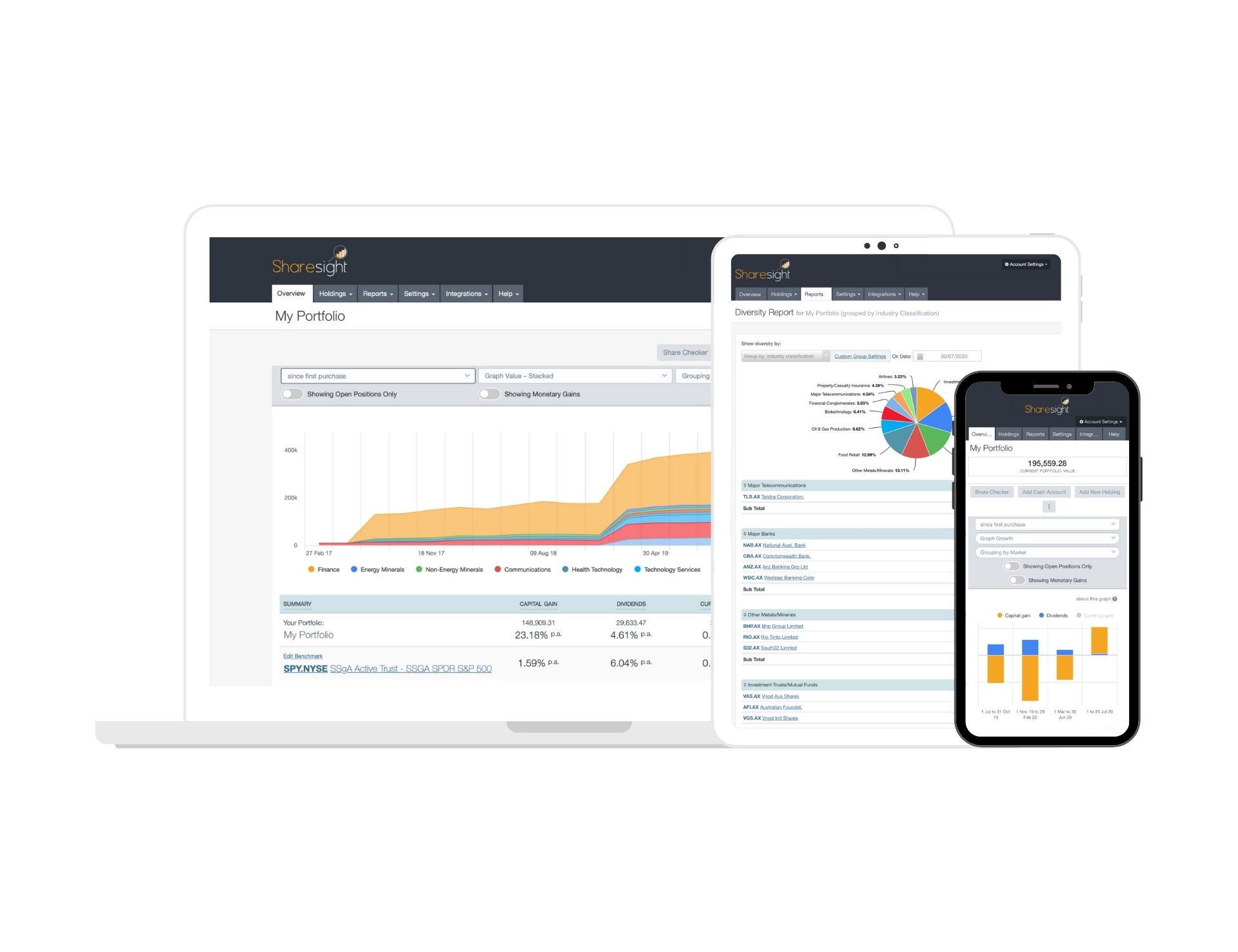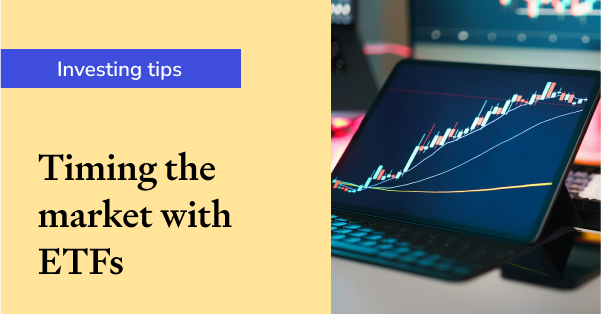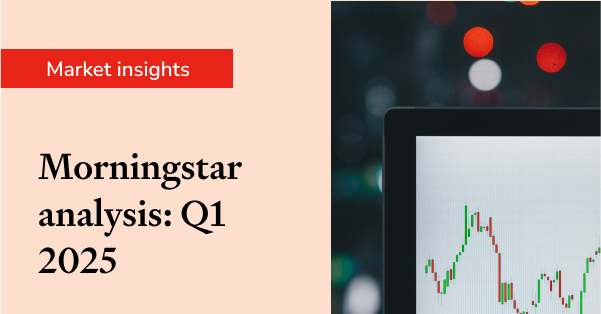What is a stock transfer agent?
A stock transfer agent acts as the official record keeper for publicly traded companies to track the individuals and entities that own stocks and bonds in the company, as well as how many units each investor owns. Most transfer agents are banks or trust companies, but a company may also act as its own transfer agent. While this function requires a stock transfer agent in the US, it is called a share registry or transfer agency in other parts of the world.

What does a stock transfer agent do?
A stock transfer agent acts on behalf of a company to manage changes in the ownership of publicly traded stocks and bonds, as these are bought and sold, and maintains a register of ownership. This administrative service helps companies keep track of the individuals and entities that own their stocks and bonds. According to the US Securities and Exchange Commission, transfer agents perform three main functions:
Recordkeeping to reflect changes in ownership
Transfer agents are responsible for issuing and cancelling stock certificates as shares are bought and sold, for replacing lost documents and for distributing cash and stock dividend payments to shareholders. The agent will also keep records of who owns a company’s stocks and bonds and how those stocks and bonds are held. This can be an individual owner’s name in certificate form, a company’s name in book-entry form, or by the investor’s brokerage firm by street name. Shares held in ‘street name’ refers to shares which have a beneficial shareholder who maintains their ownership indirectly through a brokerage, with the broker recorded as the registered owner on the company’s books. The stock transfer agent also keeps records of how many shares or bonds each investor owns.
Act as an intermediary for the listed company
The stock transfer agent may take on other roles as part of its service, including paying out interest, cash and stock dividends to shareholders on behalf of the client company. This role may also extend to administrative functions like sending out proxy materials – documents that outline how the company functions, voting procedures, numbers of outstanding shares, executive compensation, etc – and mailing out the company’s quarterly and/or annual report, acting as exchange agent in a merger or tendering shares as part of a tender offer. The stock transfer agent acts as the intermediary between the investor and the company they’ve invested in, so it’s important to keep track of any communications received. Depending on the type of stock held by the investor, they may have voting rights on major company decisions, and it will be the agent that passes on these details.
Assist with lost, destroyed, or stolen certificates
Transfer agents can help investors when a stock or bond certificate they hold has been lost, destroyed, or stolen. If you find yourself in this position, the US Securities and Exchange Commission or investor relations section of the company’s website can point you in the direction of the relevant stock transfer agent. Stock transfer agents in the US verify that shareholders are genuine through the use of signature guarantees. This is often referred to as a "medallion signature guarantee". The agent also acts as a registrar to ensure that the corporation does not issue more shares of stock than have been authorized.
What is a medallion signature guarantee?
This guarantee is one of several special certification stamps that guarantees a signature and authorizes a transfer of securities as authentic. Signatures on a stock certificate must have the medallion guarantee. Generally this is only required when an owner wants to sell or transfer securities, such as stocks or bonds, held in physical certificate form. If an owner holds securities through a broker, they will not need to obtain a signature guarantee to sell or transfer the securities. Investors can usually obtain a medallion signature guarantee at a financial institution where they are already a customer under the Medallion signature guarantee program. However, the increasing preference for electronic records means few securities are held in physical certificate form.
What is the Direct Registration System for shares?
Aside from holding hard copy stock certificates or street name registration, as discussed earlier, investors can choose a third option: direct registration. The Direct Registration System (DRS) enables the electronic transfer of securities back and forth between the issuer and the investor’s broker-dealer. Increasingly, new investors are investing in stocks through a brokerage account online and have little use for paper transactions. The DRS was created in 1996 for investors who didn’t want their stock registered in the name of their brokerage firm.
The advantage of this method is that, as a "registered" shareholder, the investor will receive reports and other communications directly from the company. Securities can also be sold more easily via the broker without the need for the investor being required to fill out any further paperwork. The key disadvantage is that investors may not be able to buy or sell at a specific market price or at a specific time.
What is the difference between a stock transfer agent and a broker?
Generally, transfer agents maintain a record of ownership, including contact information, of an issuer’s registered shareholders while brokers act as a custodian and maintain their own records of who the beneficial shareholders are of the shares registered under their street name. The advantage of using a transfer agent to buy and sell a company’s stock is that it is less likely than a broker to charge any commissions and investors receive communications directly from the corporation, instead of documents going through a broker first. The disadvantage of direct registration is that the transfer agent may not execute an order at a specific time and so there is less guarantee of price.
The primary advantage of choosing to hold securities in "street name" is that the brokerage firm holds all securities from all companies in one account. Its role is to safeguard these electronic securities, aggregate them and send out all documents from all securities to investors. It should also be noted that not all stocks in the US can be purchased through transfer agents. However, the big advantage of buying stock directly from a company versus a broker is that it’s usually a far cheaper option. It should also be noted that the investor can maintain their relationship with the broker-dealer regardless of their choice of registration.
While brokerage firms and transfer agents have procedures in place to help investors replace lost or stolen certificates, it is a disadvantage of this method. Another potential pitfall to be wary of is if an investor owns securities registered via a "street name" as there is the possibility, should the registered street name owner become insolvent, that the investor will not recover the shares. However, if the broker is a member of the Securities Investor Protection Corporation (SIPC), investors are protected up to $500,000. Many brokers also carry insurance in excess of SIPC coverage. However, this protection does not extend to losses caused by a decline in the market value of securities.
Stock transfer agent US market share
The US market is dominated by a handful of transfer agents with little change in the pecking order over the last eight years. According to 2021 figures from Audit Analytics, Computershare/BNY Mellon (37.4%) and American Stock Transfer & Trust (21.2%) remain the frontrunners in terms of market share, followed by Equiniti Trust,
Continental Stock Transfer & Trust and Broadridge Corporate Issuer Solutions.
Track the performance of all your investments with Sharesight
If you're an investor who owns shares registered with more than one stock transfer agent, or investments across different asset classes, markets, currencies or brokers, Sharesight is the ultimate tool to track all of your investments in one place.
If you’re not already using Sharesight, what are you waiting for? Sign up today and:
-
Track all of your investments in one place, including over 170,000 global stocks, ETFs, managed/mutual funds, property and even cryptocurrency
-
Automatically track your dividend and distribution income from stocks, ETFs and managed/mutual funds from over 40 exchanges worldwide, including all major US markets
-
Run powerful reports built for investors, including Performance, Portfolio Diversity, Contribution Analysis, Multi-Period and Multi-Currency Valuation
-
Easily share access to your portfolio with family members, your accountant or other financial professionals so they can see the same picture of your investments that you do.
Sign up for a FREE Sharesight account and get started tracking your investment performance (and tax) today.
Disclaimer: Sharesight does not provide tax or investment advice. You should seek tax and investment advice specific to your situation before acting on any of the information in this article.

FURTHER READING

8 ways to use Sharesight's custom groups feature
This blog explains our custom groups feature, including strategies that can help you gain deeper portfolio insights and make more informed investing decisions.

You can time the market – and ETFs are the way to do it
Marcus Today founder and director Marcus Padley discusses timing the market, and how investors can do this using exchange-traded funds (ETFs).

Morningstar analyses Australian investors’ top trades: Q1 2025
Morningstar reviews the top 20 trades by Australian Sharesight users in Q1 2025, and reveals where their analysts see potential opportunities.